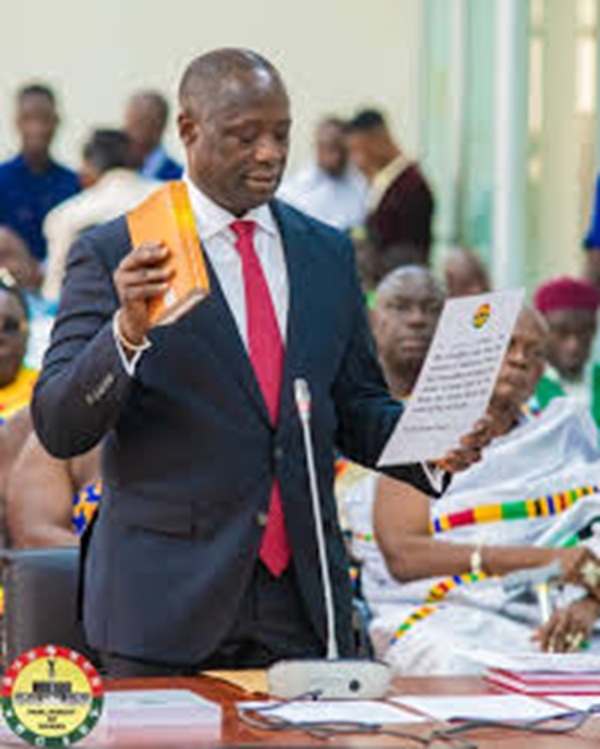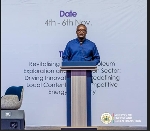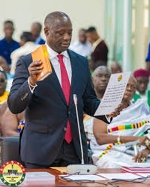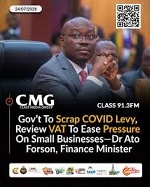Revised lithium deal sparks political debate in Parliament
 Emmanuel Armah Kofi Buah
Emmanuel Armah Kofi Buah
A revised lithium mining agreement for Ghana's flagship Mankessim project triggered a contentious parliamentary debate on Tuesday, November 11, pitting the government against a skeptical opposition New Patriotic Party.
Lands and Natural Resources Minister Emmanuel Armah-Kofi Buah presented the new terms for the deal with Barari DV Ghana Limited, attributing the changes to a severe downturn in the global lithium market.
He revealed that the metal's price has crashed from approximately $3,000 to about $630 per tonne, rendering the original agreement unviable.
“The proponents of the project wrote to say there was no way they could go forward with the old agreement,” Buah stated, noting that similar projects worldwide have stalled.
“Almost every lithium project around the world has been halted because the profitability is no longer feasible.”
To keep the project alive, the government has agreed to a key concession: the royalty rate will revert from 10% to the original 5% until market conditions improve.
Minister Buah defended this move as essential for protecting jobs and national interest, emphasising that the goal is to "empower our people and create industries" while safeguarding Ghana's long-term stakes.
The revision, however, was met with fierce criticism from the Minority, who accused the government of hypocrisy.
Samuel Abu Jinapor, the former Lands Minister, argued that the new deal was substantively identical to the one he previously presented and called for its outright rejection.
Echoing this sentiment, Minority Leader Alexander Afenyo-Markin launched a sharp rebuke: “You told the people of Ghana that the lithium agreement was bad. Today, you have brought back the same agreement, only reducing the royalties while claiming credit for it.”
In response, Majority Leader Mahama Ayariga dismissed the opposition's concerns, insisting the government's decision was a pragmatic response to economic realities.
To resolve the impasse, Speaker Alban Bagbin clarified that the initial agreement had never received formal parliamentary approval.
He has referred the revised deal to a parliamentary committee for further scrutiny before a final vote is taken.
Source: Classfmonline.com/Cecil Mensah
Trending Business

KGL boss speaks on Public-Private Partnership at University of Ghana
12:27
Ghana moves to realise Nkrumah's vision with new Aluminium Industry Committee
14:02
BoG sets June 2026 deadline for DCS providers to regularise operations
11:54
Gov't begins aggressive review of ECG revenue contracts
12:15
Rainbow Agro Science Supports 41st National Farmers’ Day Celebration
10:54
BoG announces new FX operations framework to aid 'transparency, market confidence, macroeconomic stability'
12:03
Energy Minister reaffirms gov't’s commitment to revitalising Ghana’s upstream petroleum sector
09:17
Revised lithium deal sparks political debate in Parliament
10:09
NPA launches 2025 Consumer Week with focus on LPG safety and sustainability
10:06
Gov't to scrap Covid-19 levy in 2026 budget statement on Thursday
08:10



